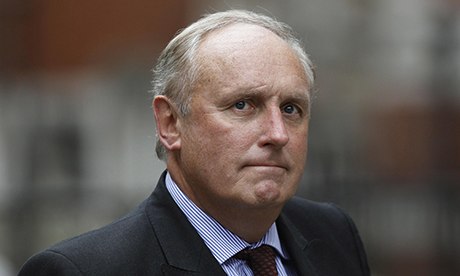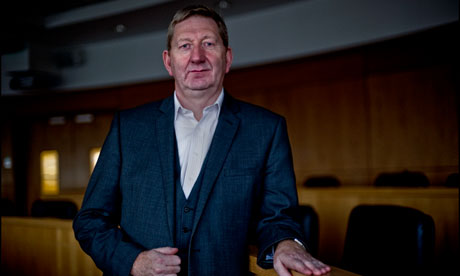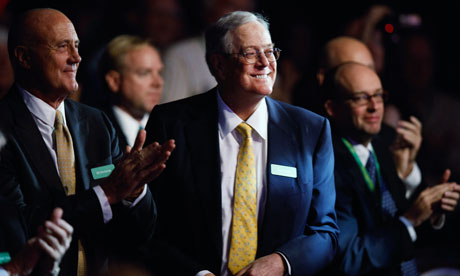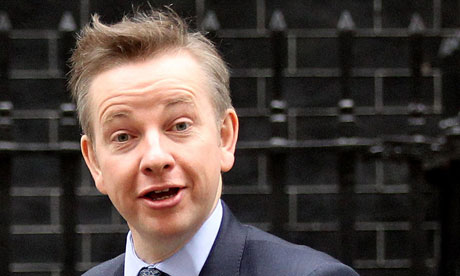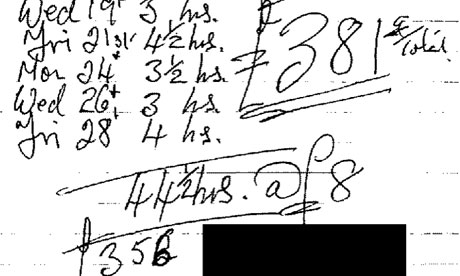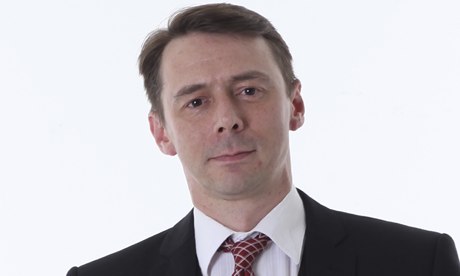
Mark Littlewood of the IEA spoke about cigarette packaging on Radio 4 this week. Not mentioned was that the institute receives funding from tobacco companies. Photograph: Alex Sturrock
Do the BBC's editorial guidelines count for anything? I ask because it disregards them every day, by failing to reveal the commercial interests of its contributors.
Let me give you an example. On Thursday the Today programme covered the plain packaging of cigarettes. It interviewed Mark Littlewood, director-general of the Institute of Economic Affairs, an organisation that calls itself a thinktank. Mishal Husain introduced Mark Littlewood as "the director of the Institute of Economic Affairs, and a smoker himself".
Fine. But should we not also have been informed that the Institute of Economic Affairs receives funding from tobacco companies? It's bad enough when the BBC interviews people about issues of great financial importance to certain corporations when it has no idea whether or not these people are funded by those corporations – and makes no effort to find out. It's even worse when those interests have already been exposed, yet the BBC still fails to mention them.
Both the Institute of Economic Affairs and the Adam Smith Institute have been funded by tobacco firms for years. The former has been funded by British American Tobacco since 1963, and has also been paid by Philip Morris and Japan Tobacco International. It has never come clean about this funding, and still refuses to say which other corporations sponsor it.
Yet, as you can see from its lists, the institute's spokespeople appear all over the media, arguing against any regulations tobacco companies don't like, without ever being obliged to reveal that tobacco companies help pay their wages.
Most of the so-called thinktanks flatly refuse to reveal their interests. I see the IEA, the Adam Smith Institute and other "thinktanks" which refuse to to say who funds them asindistinguishable from corporate lobbyists. I see them as doing the dirty work of corporations which won't put their own heads above the parapet because of the likely reputational damage.
I'm not the only one who sees them in this light. David Frum was formerly a fellow at the American Enterprise Institute, a rightwing pro-business thinktank. Drawing on his own experience, he explained that such groups "increasingly function as public-relations agencies".
The veteran corporate lobbyist Jeff Judson explained why thinktanks are so useful to corporations: "Lobbyists often work for specific clients who operate at the mercy of a regulator or lawmaker, making them vulnerable to retribution for daring to criticise or speak out. Thinktanks are virtually immune to retribution … Donors are confidential. The identity of donors to thinktanks is protected from involuntary disclosure."(Judson's confessions used to be available here. They have since been removed.)
Here's what Mark Littlewood said on the Today programme: "The evidence out of Australia, who, in their extreme unwisdom in my view, have offered to be the guinea pigs for planet earth on whether this policy works, having had plain packaging or standardised packaging in place for a year over there, the early evidence suggests no change at all on smoking prevalence. And, lo and behold, the black market in cigarettes has jumped markedly."
Mishal Husain then remarked, "Well that's one view, in a moment we'll hear that of the public health minister ..."
Yes, it is one view. The view of someone being paid by big tobacco. Should we not have known that?
Here's what the BBC's editorial guidelines say about such matters:
3.4.7: "We should make checks to establish the credentials of our contributors and to avoid being 'hoaxed'."
3.4.12: "We should normally identify on-air and online sources of information and significant contributors, and provide their credentials, so that our audiences can judge their status."
4.4.14: "We should not automatically assume that contributors from other organisations (such as academics, journalists, researchers and representatives of charities) are unbiased, and we may need to make it clear to the audience when contributors are associated with a particular viewpoint, if it is not apparent from their contribution or from the context in which their contribution is made."
3.4.7: "We should make checks to establish the credentials of our contributors and to avoid being 'hoaxed'."
3.4.12: "We should normally identify on-air and online sources of information and significant contributors, and provide their credentials, so that our audiences can judge their status."
4.4.14: "We should not automatically assume that contributors from other organisations (such as academics, journalists, researchers and representatives of charities) are unbiased, and we may need to make it clear to the audience when contributors are associated with a particular viewpoint, if it is not apparent from their contribution or from the context in which their contribution is made."
Every day people from thinktanks are interviewed by the BBC's news and current affairs programmes without any such safeguards being applied. There is no effort to establish their credentials, in order to avoid being hoaxed into promoting corporate lobbyists as independent thinkers. There is no effort to identify on whose behalf they are speaking, "so that our audiences can judge their status." There is no attempt to make it clear to the audience that contributors are funded by the companies whose products they are discussing.
I would have no problem with the BBC interviewing people from these thinktanks if their interests were disclosed. If these organisations refuse to say who funds them, they should not be allowed on air. Their financial interests in the issue under discussion should be mentioned by the presenter when they are introduced.
I've been banging on about this for years, with no result at all. It seems that the only thing the BBC responds to is formal complaints. So please complain.
Here are three things you can do:
• Use the corporation's online complaints form
• Take the issue to the BBC Trust
• Complain to Feedback on Radio 4
• Use the corporation's online complaints form
• Take the issue to the BBC Trust
• Complain to Feedback on Radio 4
Otherwise, expect our bastion of editorial values to keep collaborating in the time-honoured tradition of hoaxing us on behalf of corporate money.

